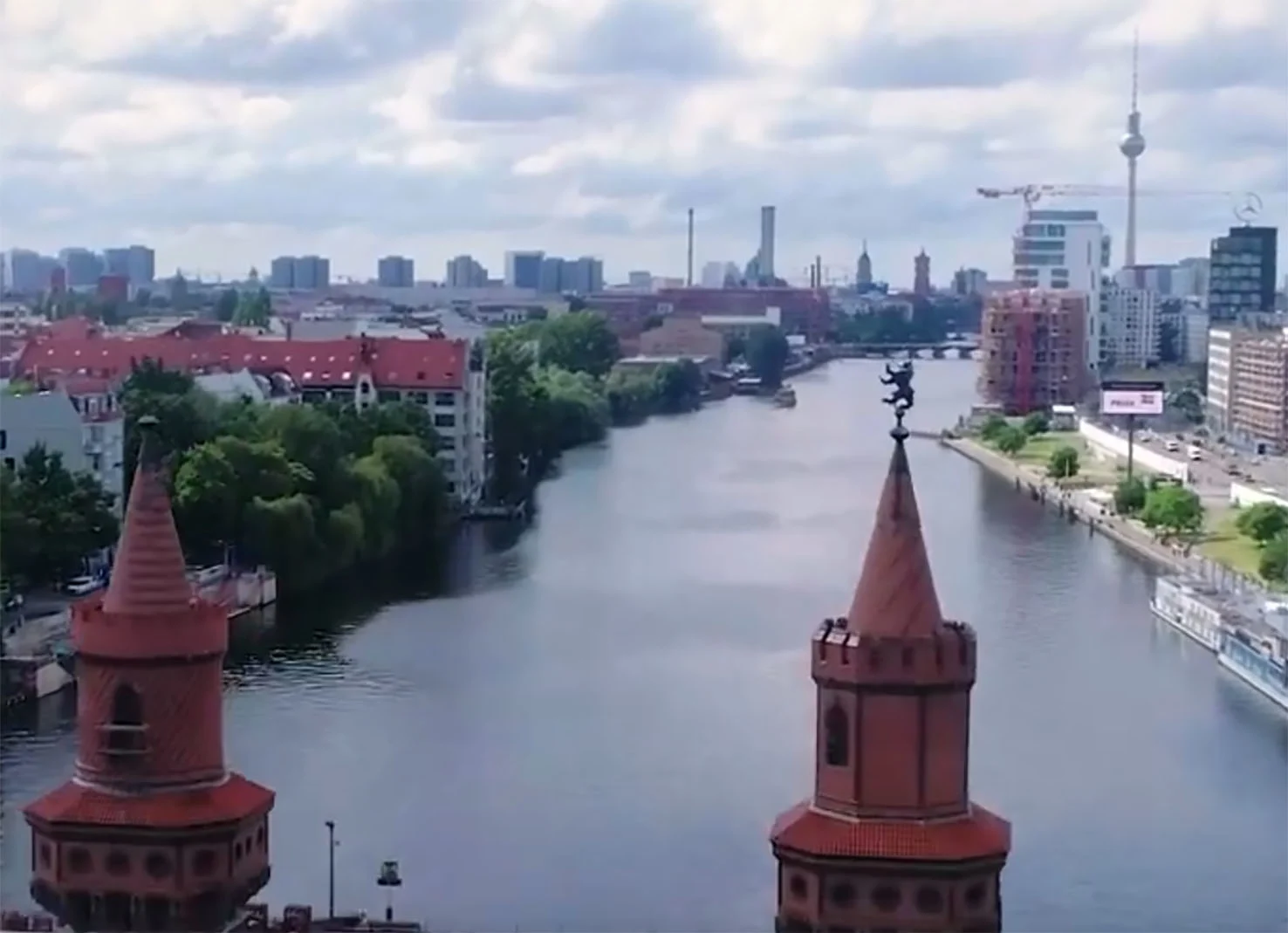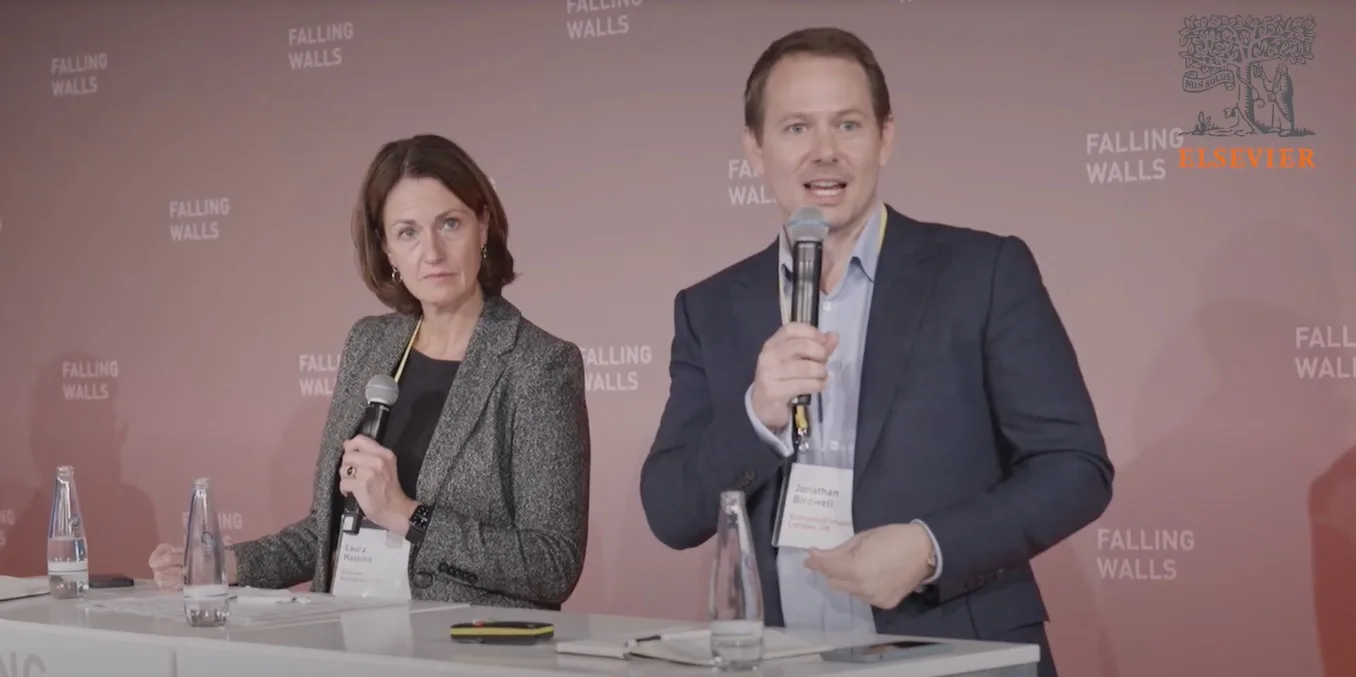
Confidence in Research: Launch at Falling Walls Summit
The Confidence in Research launch at the Falling Walls Summit explored the pandemic's impact on research and the evolving role of researchers in society.
Key points:
Public-facing roles: Researchers are increasingly required to engage with the public and policymakers
Support gaps: Many researchers lack the training and confidence to navigate this new landscape
Actionable solutions: The report highlights measures like fostering policy engagement, improving transparency and enhancing science communication
The bottom line: To tackle future global challenges, researchers need better support, training, and tools to connect with society effectively.
Confidence in Research: Launch at Falling Walls Summit

Watch now
|
Confidence in Research: Launch at Falling Walls Summit
Video transcript
Jonathan Birdwell, Regional Head of Policy Research & Insights for EMEA, Economist Impact: "So I'm really excited to be here at the Falling Wall Summit. We're launching our research today: Confidence in Research Spotlight on researchers.
"Looking at the impact of the pandemic on the research community to see to what extent it accelerated existing trends, how it's impacted the production communication of research. And really what we see is a new landscape for researchers where they are having to take on a much more public-facing role. And so what we did was to investigate, do they feel confident in taking that role? Are the support structures and incentives in place to help them navigate this new landscape that they face?"
Matthias Meyer, Head of Department, Science Körber-Stiftung: "The Economist Impact report clearly showed us is that they're not always well equipped, have the confidence, or are properly trained to actually do that. And that's exactly where I think going forward, we collectively can support researchers better.
"We have increasing attention, but we weren't successful in explaining to the public what is the basic idea of science. Why is it more an endeavor to produce questions than produce answers? And that's a tough challenge for the next years."
Jonathan Birdwell: "So what should we do? In the report, we outline a range of areas of action that we heard researchers call for in order to help boost their confidence. One is providing more opportunities for researchers to engage with policymakers on a more consistent basis to help forge those connections between the research community and policymakers."
Laura Hassink, Managing Director of Scientific, Technical and Medical Journals, Elsevier: "There's also a role that we as publishers play in transparency and reproducibility, which we're already doing in terms of publishing the research data, the methods, the protocols, and going forward, where I hope we as a publisher, together with other parties, can really step up in making that translation, making them understandable to a broader public."
Matthias Meyer: "We will have to act differently in the future, and that means we have to build new departments in universities for science communication and so on and so on. There are a lot of measures described in the survey and I think the political debate about those measures, that's the task ahead of us."
Jonathan Birdwell: "That was the motivation for us to partner with Elsevier. We're very grateful for their support for this research and hopefully we have produced something that's going to be of real value to the research community in thinking about how do they prepare for that next big global challenge."